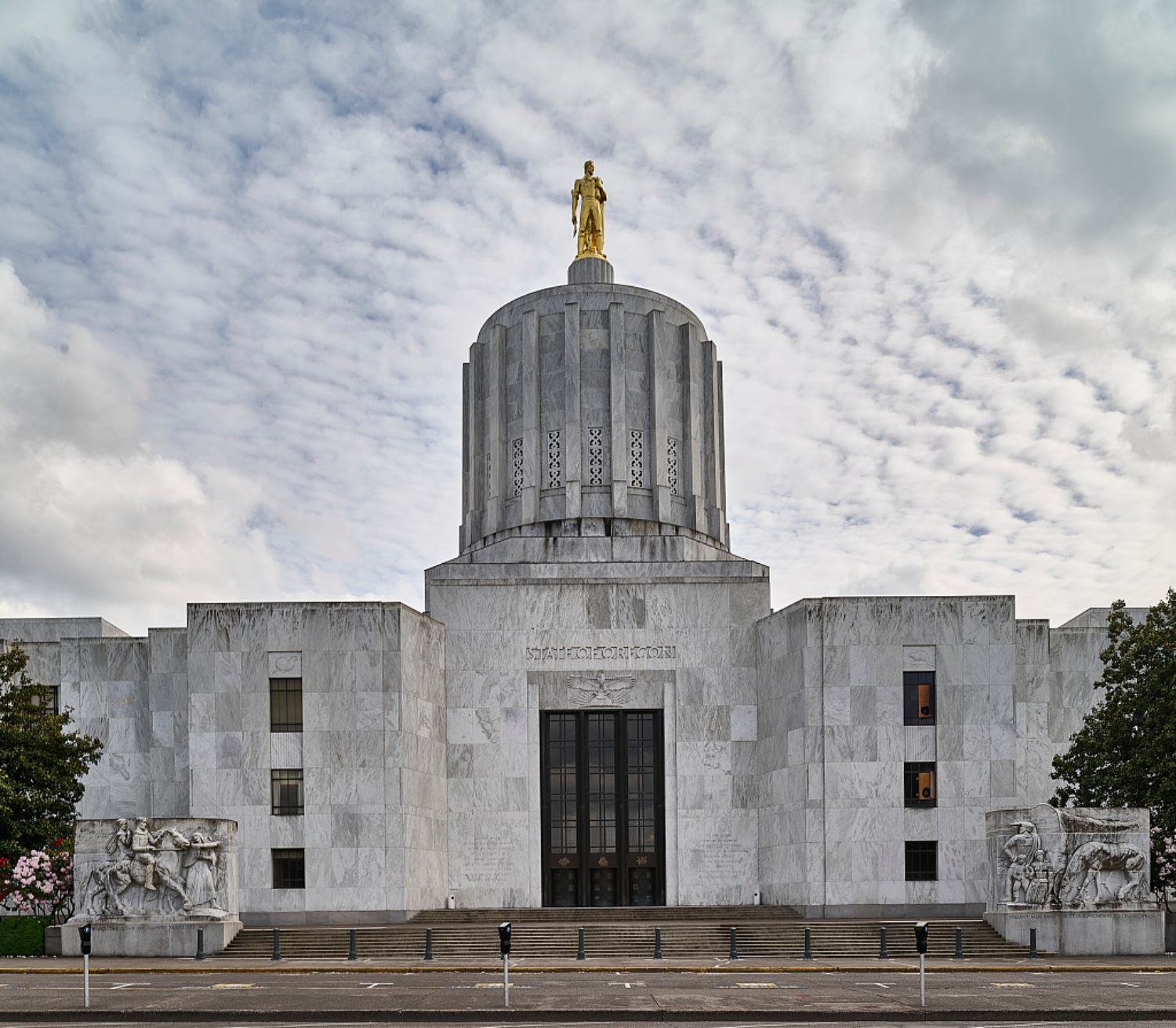Republican critiques of increased penalties for child labor violations fails to slow momentum
By Kaylee Tornay / InvestigateWest
A bill that would empower the Oregon Bureau of Labor and Industries to pursue and keep penalties against employers who violate the state’s child labor laws has passed both chambers of the Oregon Legislature.
House Bill 4004 now heads to Gov. Tina Kotek’s desk for signature after passing the Senate in a 24-to-6 vote on Feb. 26.
The bill, which passed unanimously out of the House, faced scrutiny on the Senate floor from a handful of Republican legislators. Two senators criticized a provision that would increase the maximum penalty per child labor violation from $1,000 to $10,000.
Sen. Dennis Linthicum, R-Klamath Falls, said a fine in that amount would “crush most small businesses.”
“This bill is an unnecessary heavy hand,” he said. “If we want this discussion, let’s defeat this bill today and have a better discussion where we talk about the ins and outs and the opportunities to ensure kids grow up to have a world of business and hard work ready at their fingertips.”
Other Republicans supported the bill, however. Sen. Daniel Bonham, R-The Dalles, said he had brought his concerns about the penalty amount to labor bureau officials and was reassured that the maximum amount would likely be imposed only in more extreme situations.
“What they’re really looking for are people that are willfully violating this and continuing to willfully violate child labor laws,” he said.
The labor bureau requested the bill in the wake of widespread media coverage of a surge in illegal child labor across the country. Under current Oregon law, the state agency is forced to defer to the U.S. Department of Labor when determining whether to even investigate reports of child labor violations. Moreover, if the federal agency imposes a penalty for violations, the state cannot levy its own penalties for those same violations, and it must refund any state penalties already paid by the employer.
In 2023, the Bureau of Labor and Industries did not investigate about 24 cases that it referred to the federal Labor Department, some of which involved reports of minors being injured while performing hazardous work they’re prohibited from doing.
In January, state Labor Commissioner Christina Stephenson told lawmakers in the House that the mandate gives bad actors a competitive edge and in essence becomes a discount on child labor violations.
No other violation of Oregon’s labor laws leads to a refund in similar circumstances, the bureau said.
Rep. Travis Nelson, D-Portland, meanwhile, introduced the amendment to raise the maximum penalty amount after learning the cap hadn’t changed since the 1980s. An increase, he said, is “long overdue.”
The labor bureau doesn’t impose the maximum penalty for every child labor violation. In some instances, it doesn’t issue penalties at all. State labor officials can choose to resolve an employer’s violations with a compliance agreement instead.
Eliminating the mandate to refund employers would increase the agency’s autonomy, said Laura van Enckevort, head of the labor bureau’s wage and hour division.
“From our standpoint,” she said, “we want to be able to send the message that Oregon does not tolerate child labor violations, and make it very clear that we’re holding employers accountable regardless of what actions the U.S. Department of Labor takes.”
InvestigateWest (invw.org) is an independent news nonprofit dedicated to investigative journalism in the Pacific Northwest. Reach reporter Kaylee Tornay at kaylee@invw.org.



